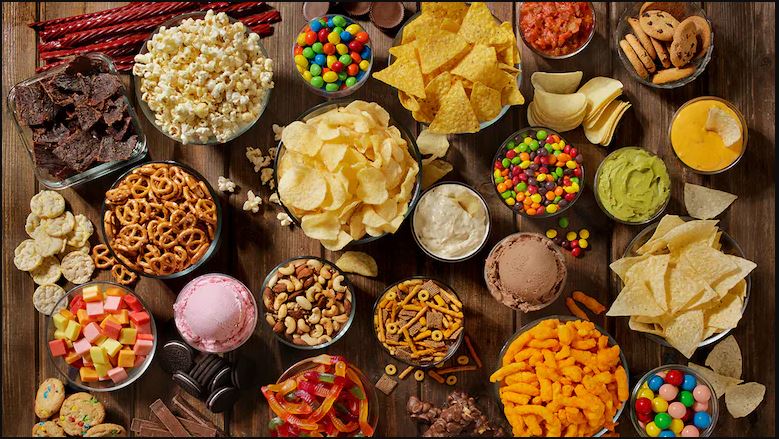On the other hand a similar motivation to diet to point of starvation was not observed among women who happened to be more attractive than their husbands . As for men, their motivation to diet was low regardless of their wives attractiveness or their own.
Tania Reynolds, doctoral student at the Florida State University, said, "The results reveal that having a physically attractive husband may have negative consequences for wives, especially if those wives are not particularly attractive,"
For the study, the team examined 113 newlywed couples -- married less than four months, average age late 20s, living in Dallas area -- who agreed to be rated on their attractiveness, according to some set indicators curated by the team.
The study offered productive insights about relationships in which a woman is constantly feeling inferior and fears falling short of her partner's expectations. "It might be helpful to identify women at risk of developing more extreme weight-loss behaviours, which have been linked to other forms of psychological distress such as depression, anxiety, substance abuse and dissatisfaction with life," Reynolds added.

Photo Credit: iStock
Reynolds believe, that the study can prove fruitful, as If we are able to understand how women's relationships affect their decision to diet and the social predictors for developing unhealthy eating behaviours, then better help and assistance could be given to them.
Some of the most common eating disorders include anorexia nervosa, bulimia nervosa, and binge-eating disorder which are often linked to depression and poor mental health, can result in extreme emotional uheaval, uncontrollable attitude, and aggressive behavior.
- Anorexia: People suffering with Anorexia live under a fear of gaining weight, even if they actually happen to be underweight. They tend to diet relentlessly to a point of starvation. Their distorted body image makes them believe that they are overweight or are constantly putting on weight. Common symptoms include: Dramatic weight loss. Anorexics are usually underweight, Obsessed with dieting and counting calories, Skipping meals regularly.

Photo Credit: I stock
- Bulimia Nervosa: Bulimia is characterized by repeated episodes of binge eating followed by behavior that compensates for overeating such as forced vomiting, excessive exercise, or extreme use of laxatives or diuretics. They are ashamed of their weight. The binge-eating and purging routine is typically followed in secret, creating feelings of shame, guilt, and lack of control.
- Binge-Eating Disorder: Binge Eating victims tend to indulge in emotional eating as it relieves them from stress and disturbing self-image issues. You may feel you can't stop eating, and you needn't be even be hungry to eat. You feel guilty about eating, and go back to eating again to feel better, and use food as a reward for yourself. This way, you may be trapped in vicious cycle.










